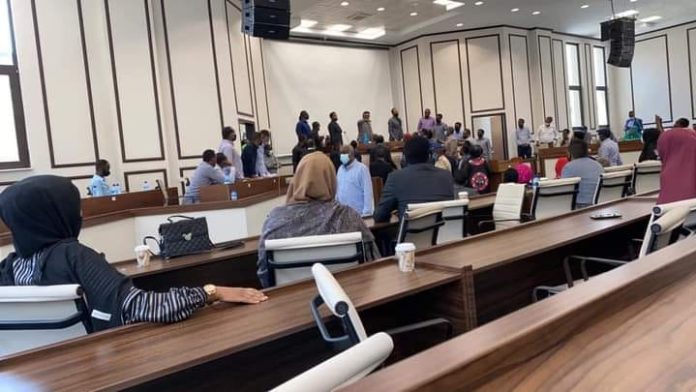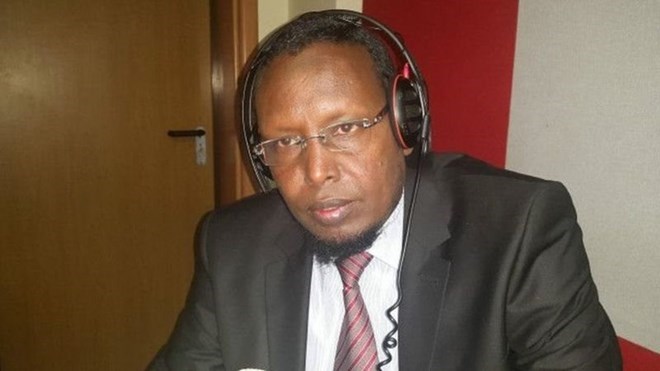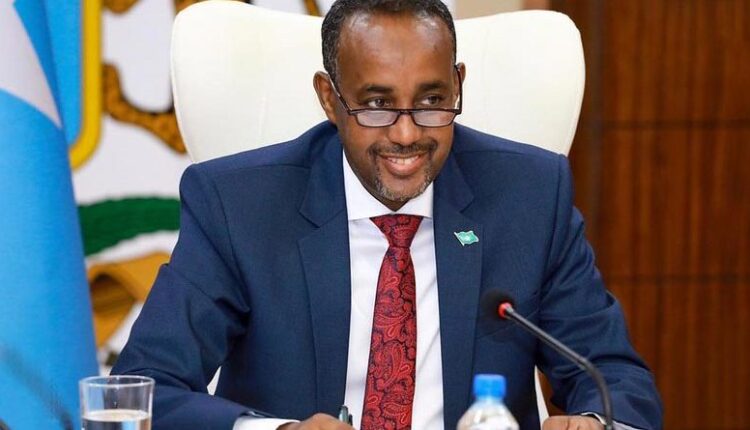Singaporean firm to automate Djibouti port
CrimsonLogic, a Singaporean digital solutions company, appointed by Djibouti Port and Free Zone Authority (DPFZA), a port of entry for over 99 percent of Ethiopia’s import, is to implement Port Community Systems (PCS), The Reporter has learnt.
PCS is an integrated electronic platform that connects multiple systems operated by a variety of organizations that make up a seaport. The company has officially launched the first phase of its project a week ago.
This integrated electronic platform is increasingly becoming common in sea and airports across the world. In a nutshell, it is a neutral and open electronic platform which automates, integrates and optimizes port and logistic processes through a single submission of data and linking of transport and logistic chains.
Hence, the project implementation is planned over three phases. The full implementation of the project is then expected to be completed by end 2019. “Phase one is expected to be rolled out within this year providing for online cargo manifest submission and marine port services for shipping agents,” Lim Chee Boon, Regional Director for the Middle East and Africa, said.
The system aims to enhance the efficiency at Djibouti’s two major cargo ports – Doraleh Container Terminal and Port of Djibouti. “With the implementation of the new PCS, paper documentation such as arriving vessel regulatory and operational documentations, cargo manifest submission etc., will be done electronically,” Boon told The Reporter.
Online submissions are hoped to drastically reduce the need for paper documents; and in turn affecting the cargo clearance process of discharging the cargo from the vessel and out of the port by greatly increasing the speed and efficiency with which the cargo reaching the hands of the end user in Ethiopia.
As the main gateway to Ethiopia’s Import and Export, the immediate benefits of the new PCS will be the improved efficiencies at the Djibouti Ports and significant slash to the time it takes for cargo to reach the final user.
The existing Import-Export procedures at Djibouti Ports comprises of very complex processes involving freight forwarders, terminal operators, shippers, customers and the like.
These processes are complex and less efficient since they often use isolated and manual procedures, states a project document forwarded to The Reporter. And that is why DPFZA, in collaboration with Djibouti Customs, is going for the new PCS solution. By providing for a single technology platform for all parties involved, PCS will facilitate all cargo-related processes, inbound and outbound, in the fraction of the time it takes now.
Currently, it takes six to eight hours to complete all the documentation for clearance of a transit cargo from the Port of Djibouti, while taking two whole days to clear local cargo. Meanwhile, the new PCS platform is targeting an online clearance for all cargo in less than one hour.
This is a significant reduction in the logistic lead time with regard to cargo destined to Ethiopia, Boon argues, and that the system would be more impactful for importers in Ethiopia.
“In the medium term, PCS also plans to integrate the system with the Ethiopian Customs and Single Window systems, creating a seamless regulatory flow that matches global best practices, while enhancing the economic competitiveness of the region,” Boon told The Reporter. According to the regional director, the PCS platform will also help the services at the Port of Djibouti to comply with the international stands and solidify nation’s masterplan to become the port of transit services and a regional hub.
Up on its completion and rollout, the new platform will streamline all port services including application for permits for arrival ships to pilot, berth and moor; submission of delivery order from arriving ships and notification for terminal operators; to make payments and customs declarations; and for customs inspection of cargo and acquiring gate passes.
In its ambition to be a regional hub, the DPFZA has recently inaugurated a the first phase of its USD 3.5 billion free trade zone which includes commercial and industrial facilities with the hope of creating jobs for a number of Djiboutian. The free trade zone will accept Foreign Direct Investment (FDI) projects to Djibouti with mouth-watering incentives such as exemptions from paying income, property, dividend or value-added tax. Prime Minister Abiy Ahmed was one of the five leaders present in Djibouti to attend the launch of the free trade zone facility few weeks ago.
The Reporter



















